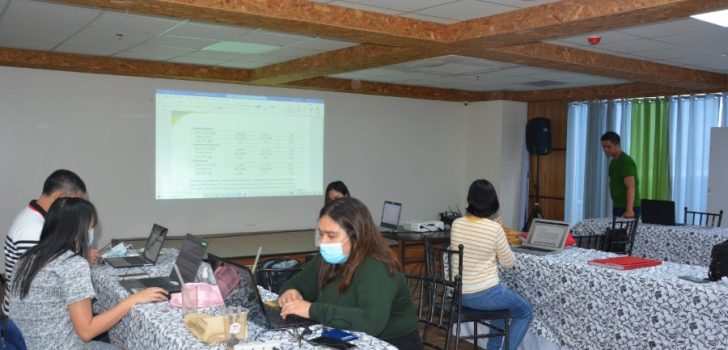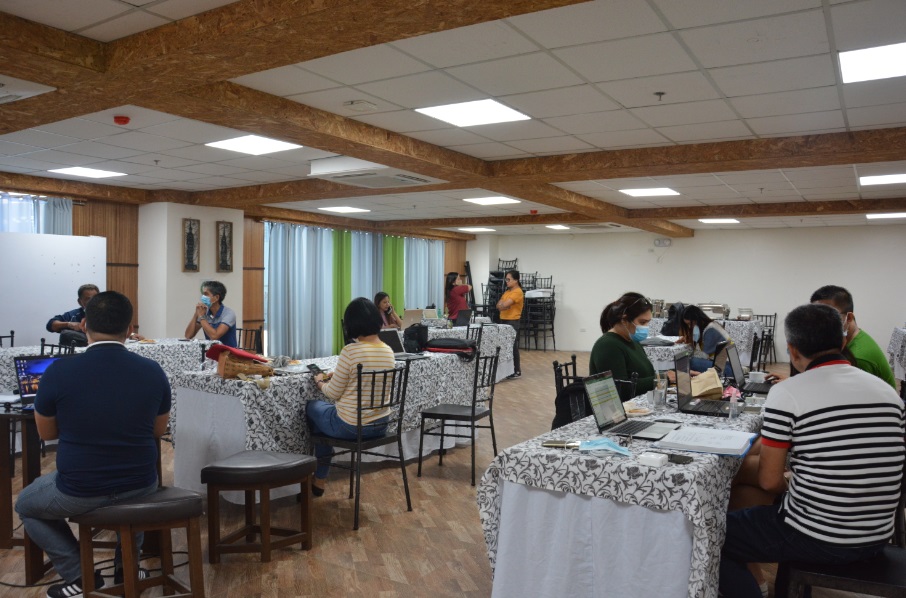
Finalization of Value Chain assessment report held
City of San Fernando, PAMPANGA – In cooperation with the Planning Monitoring and Evaluation Division (PMED), the Regional Project Coordination Office (RPCO 3) together with the Project Support Office (PSO) of the Department of Agriculture – Philippine Rural Development Project (DA-PRDP) finalized the results of the Onion Value Chain Assessment held on March 2-5, 2021 at the Green Manor, here.
At this point DA-PRDP aims to perceive the positive changes in various value chains which were presumed to have taken place given the hefty number of investments given by PRDP itself, the local government units (LGUs), national government agencies (NGAs) and other stakeholders.
Based on the result, out of the 21 constraints of the 2014 Value Chain Analysis (VCA) of onion, 12 constraints were given focus on the Provincial Commodity Investment Plan (PCIP) of Nueva Ecija.
With the recently concluded Value Chain Assessment for Onion, three out of the 12 constraints were eliminated which were attributed to various government projects and efforts of the cooperatives and farmers.
Meanwhile, 6 of the constraints were minimized due to the assistance from the government, private sectors, and some good practices from farmers. Four of the remaining constraints were observed with no changes, thus, the need to be retained in the PCIP.
However, two additional constraints were added in the Commodity Investment Plan – 1) limited knowledge on pests and diseases control measures; and 2) high labor cost due to unavailability of manpower.
Nonetheless, positive changes are seen occurring in the value chain segments of onion in the Province of Nueva Ecija.
The Value Chain Analysis intends to provide an in-depth perception of the factors and connections that greatly affect the performance of the onion industry in Central Luzon, including end markets, enabling environment and coordination among firms.
In conclusion, it is in this development that DA-PRDP considers the significance of conducting the Value Chain Assessment, which is to understand the extent to which desired changes in the value chain segments took place.
The final Value Chain Assessment Report will be submitted to the National Project Coordination Office (NPCO) for review. (MA. REINA LEN G. LUNA, RPCO3 InfoACE)

